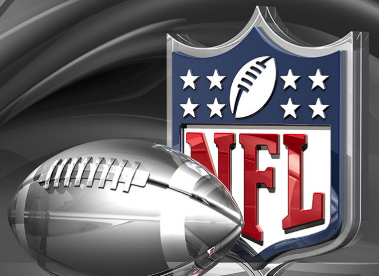ESPN Saturday Mornings Will Not Be The Same Without Lee Corso
- troyosborne2102
- Aug 25, 2025
- 2 min read
Updated: Aug 28, 2025

For more than two decades, Lee Corso has been the heart and soul of ESPN’s College GameDay, transforming Saturday mornings into one of the most beloved rituals in sports television. As he prepares to step away after this weekend, it’s impossible to ignore just how profoundly he’s shaped the way we experience college football. For generations of fans, Corso wasn’t just a commentator—he was the storyteller, the showman, and the emotional compass of the sport. Without him, Saturdays will simply feel different.
When Corso joined College GameDay in the late 1980s and helped usher the show into its modern, on-location format in the 1990s, few could have predicted how much it would revolutionize college football coverage. What started as a relatively straightforward preview program became a traveling spectacle, bringing fans across the country directly into the heart of the college football experience. Corso, with his trademark humor, infectious personality, and deep love for the game, made viewers feel like they were sitting next to an old friend who just happened to know everything about the sport.
One of Corso’s most iconic contributions is his famous catchphrase: “Not so fast, my friend!” What began as a simple, good-natured rebuttal to co-host Kirk Herbstreit’s predictions quickly turned into one of the most recognizable lines in sports television. Fans started repeating it at tailgates, broadcasters echoed it on other networks, and signs featuring the phrase began appearing in the GameDay crowds every weekend. It was classic Corso—warm, witty, and perfectly timed. The line embodied his playful on-screen rivalry with Herbstreit and Desmond Howard, creating a dynamic that felt both authentic and entertaining.
And then, of course, there’s the headgear tradition—another Corso innovation that became synonymous with College GameDay. Each week, as the show built toward its climax, fans would wait breathlessly to see which mascot’s head Corso would don to signal his prediction. It wasn’t just a pick; it was theater. Whether the crowd erupted in cheers or boos, the moment was pure magic—and it was Lee Corso who made it iconic.
Over the last 20 years, Corso has done more than analyze games; he’s helped turn college football into an event that stretches beyond the stadium. He connected fans to their schools, to their traditions, and to each other in a way that no other analyst has. His passion was contagious, his sense of humor unmatched, and his authenticity undeniable.
After this weekend, when the show goes on without him, there will be an undeniable emptiness. Saturdays won’t start the same. The crowd signs will still be there, the predictions will still be made, but without Corso’s voice, his energy, and his signature “Not so fast, my friend,” an era will have officially ended.
Lee Corso didn’t just cover college football—he changed the way we watch it, the way we talk about it, and the way we feel about it. As he steps away, fans everywhere will pause to appreciate just how much he’s meant to the sport and to their Saturday mornings. College football will move forward, but it will never be quite the same without him.
Do you want me to also put together a tribute-style sidebar highlighting Corso’s most memorable GameDay moments and predictions? It could make the article pop more.




Comments